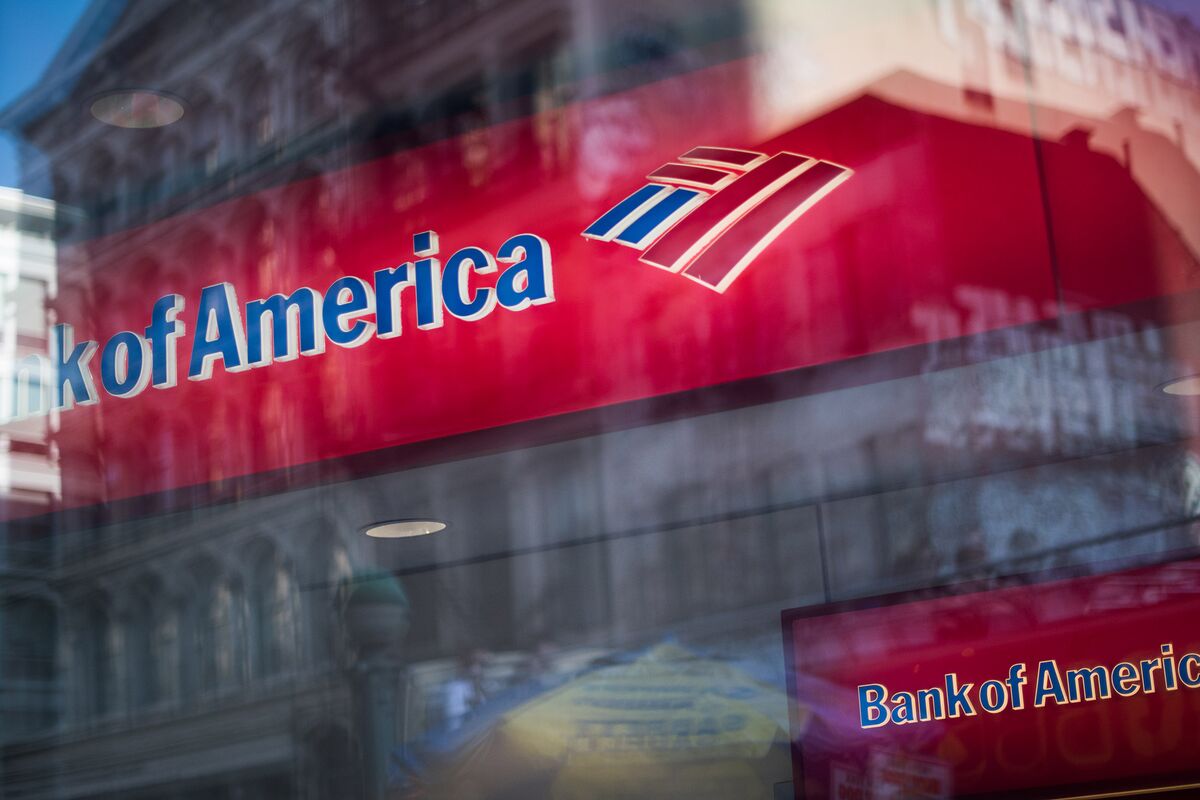Bank of America is facing more than $100bn in unrealised losses on its bond portfolio, the largest of any US bank. The losses reflect the bank’s decision to invest heavily in bonds during the pandemic, when interest rates were low and bond prices were high.
As interest rates have risen in recent months, bond prices have fallen, which has led to the losses on BofA’s portfolio. The bank has said it does not plan to sell the bonds, but the losses are weighing on its earnings and could affect its ability to make new loans.
Who is Bank of America?

Bank of America is the second-largest bank in the United States, with assets of over $3 trillion. It is a multinational banking and financial services company headquartered in Charlotte, North Carolina. BofA offers a wide range of financial products and services to individuals, businesses, and governments around the world.
How much influence does Bank of America have?
Bank of America is one of the most influential banks in the world. It is a major player in the global financial system and has a significant impact on the US economy. BofA is also a major political player, and its executives have close ties to government officials.
The losses on BofA’s bond portfolio are a sign that the bank is facing challenges. However, BofA is still a major force in the financial world, and its influence is likely to continue for many years to come.
What caused the losses?
BofA’s bond losses are the result of a number of factors, including:
- The rise in interest rates: As interest rates have risen, the value of bonds has fallen. This is because bonds are priced inversely to interest rates: when interest rates rise, the value of bonds falls, and vice versa.
- The bank’s investment strategy: BofA invested heavily in bonds during the pandemic, when interest rates were low and bond prices were high. This strategy has backfired as interest rates have risen.
- The bank’s size: BofA is the second-largest bank in the US, and it has a large bond portfolio. This means that even a small change in bond prices can have a significant impact on the bank’s earnings.
What are the consequences of the losses?
The losses on BofA’s bond portfolio are having a number of consequences, including:
- They are weighing on the bank’s earnings: The losses are reducing the bank’s profits and could lead to a decline in its share price.
- They could affect the bank’s ability to make new loans: The losses could make it more difficult for the bank to raise capital, which could limit its ability to make new loans.
- They could lead to changes in the bank’s management: The losses could lead to calls for a change in the bank’s leadership.
- The future of BofA is uncertain: The bank is facing a number of challenges, including the losses on its bond portfolio, the ongoing pandemic, and the war in Ukraine. It is too early to say how these challenges will affect the bank, but it is clear that BofA is facing a difficult period.
The losses on BofA’s bond portfolio are a significant setback for the bank. The bank has been praised for its handling of the financial crisis and the pandemic, but the losses on its bond portfolio are a reminder that no bank is immune to risk. It will be interesting to see how BofA responds to the challenges it is facing and whether it can regain its footing in the years to come.









